Lawrance and Monica Titterton, both Alongside Africa directors and co-founders, moved to Uganda from Etchinghill, Folkestone, in July, where they will reside for the next 2 years. Their aim is to reach the most vulnerable street children, help them off the streets and get them back into their communities or into formal education.
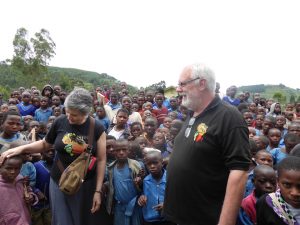 Lawrance and Monica are true humanitarians: they decided to help the street children of Uganda after meeting them in the course of their travels to the country over the last 10 years. They founded the charity, Alongside Africa, seven years ago after seeing how much need there is in the rural areas around Kabale. Instead of just giving hand-outs, however, their focus is on providing opportunities.They were unable to ignore the street children they befriended during their time in Uganda. Instead of watching them continue in the cycle of poverty without hope, they decided to do something about it. They believe that by providing these children with the skills they need to earn a living as well as giving them a safe space to acquire these skills in, they can be reunited with their families or communities and become contributing members of society.Since they arrived, they have welcomed a team of architectural students from the University of Ljubljana, Slovenia. The students came in for a hectic 8 week sprint to build the Amasiko Halfway House; a centre that, once open, will provide safety and learning for the street children in Kabale.The Amasiko Halfway House basic structure is now completed, but there is still a lot of work to be done before it opens. Just last week, the plumbers were hard at work putting in showers and toilets. They need to complete all the internal finishing and due to the rainy season with its continuing thundery showers, there are likely to be setbacks, especially in completing the outdoor decoration.
Lawrance and Monica are true humanitarians: they decided to help the street children of Uganda after meeting them in the course of their travels to the country over the last 10 years. They founded the charity, Alongside Africa, seven years ago after seeing how much need there is in the rural areas around Kabale. Instead of just giving hand-outs, however, their focus is on providing opportunities.They were unable to ignore the street children they befriended during their time in Uganda. Instead of watching them continue in the cycle of poverty without hope, they decided to do something about it. They believe that by providing these children with the skills they need to earn a living as well as giving them a safe space to acquire these skills in, they can be reunited with their families or communities and become contributing members of society.Since they arrived, they have welcomed a team of architectural students from the University of Ljubljana, Slovenia. The students came in for a hectic 8 week sprint to build the Amasiko Halfway House; a centre that, once open, will provide safety and learning for the street children in Kabale.The Amasiko Halfway House basic structure is now completed, but there is still a lot of work to be done before it opens. Just last week, the plumbers were hard at work putting in showers and toilets. They need to complete all the internal finishing and due to the rainy season with its continuing thundery showers, there are likely to be setbacks, especially in completing the outdoor decoration.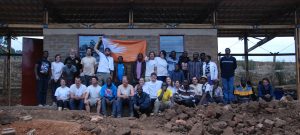 According to Monica,
According to Monica,
‘There are some children whom we know that don’t have anywhere to go so they sleep rough on the street every night. It is the rainy season in Uganda at the moment, which means a very cold lonely night for these children. Children (some as young as 6) should not have to live in such despair”
The Amasiko Halfway house guarantees at least a dry and safe place for these children to live, sleep, eat and receive basic medical care whilst receiving training in literacy, numeracy, life- and vocational skills. They will be given a safe haven they can rely on and an opportunity for a better life through the Amasiko Street Children programme.
“It is hard work, but we are so motivated when we think of the street children who will benefit from the programme, by finding a safe place to sleep at night as well as providing an environment for a better future. Crucially they will be given an opportunity for the education they need to get a head start” She added.
The Amasiko Halfway House is not an orphanage but rather temporary accommodation for children pending reunion with their family, being placed with foster carers or awaiting donors to sponsor their education into boarding school.
The Amasiko Street Children Programme enrolls children and attempts to reunite them with their family. Often these children are already orphaned, the most common cause being HIV/AIDs, and with no traceable relatives. The project helps some of these children get into boarding school through donor sponsorship and have an open door daily drop-in-centre that is open to street children to access hot meals, health care and cleaning facilities.
Alongside Africa is mainly funded by donations from local people from the Folkestone and Kent area who have heard about their work. All of their UK based staff are volunteers, so all donated funds they have been able to raise go directly into the projects in Uganda with no overheads. They are hoping to attract more donors to sponsor these children through primary education.
File information:
Alongside Africa is a charity registered with the Charities Commission of England and Wales, registration number 1146752.
Alongside Africa is committed to a world in which every person has the opportunity to earn a living. Our strapline of opportunities, not aid recognises the right of marginalised and disadvantaged communities to be able take responsibility for their own development, and for this to be achieved with dignity and self respect; critical factors that are often lost when beneficiaries come to rely on hand-outs provided by aid organisations.
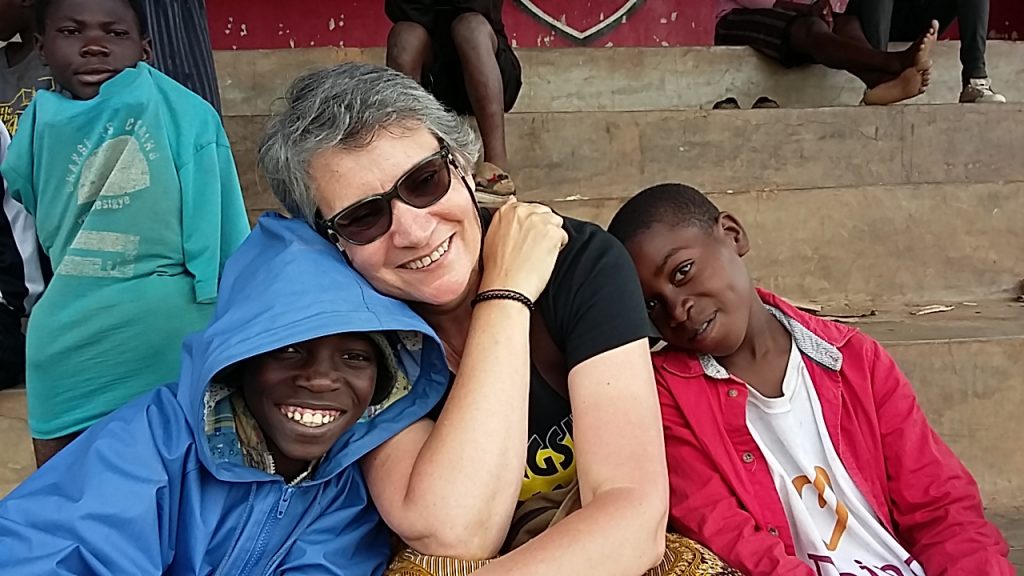
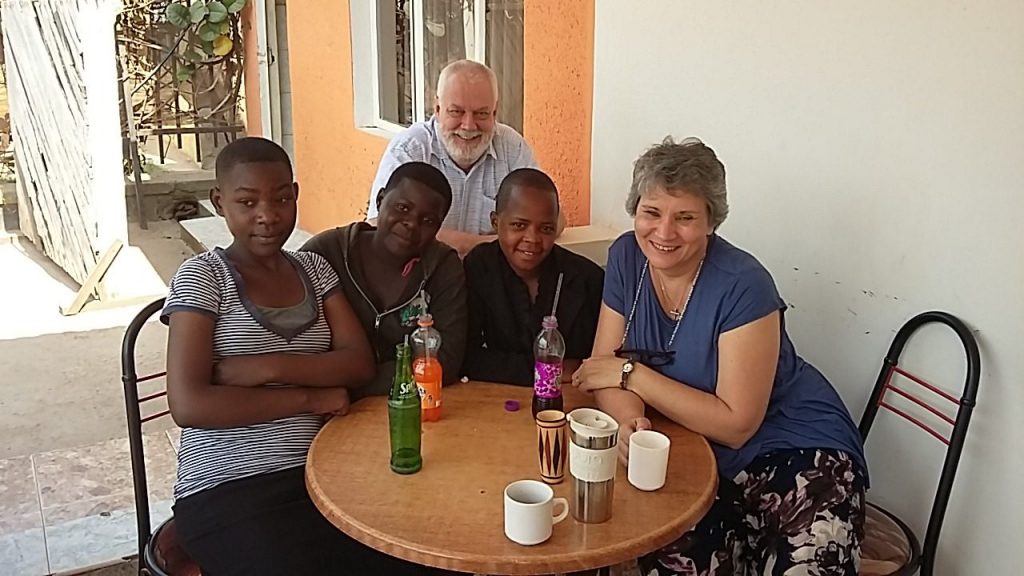
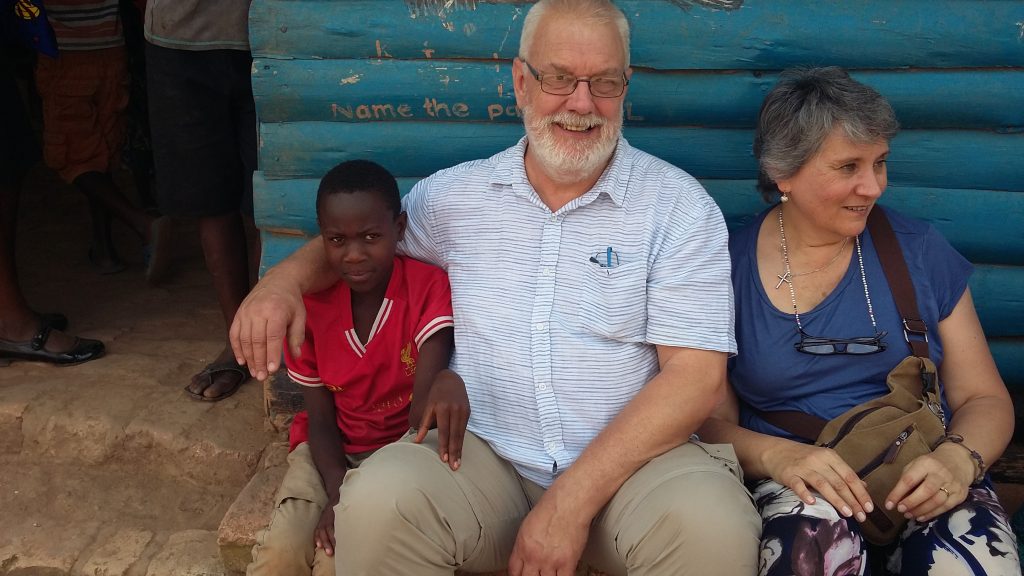
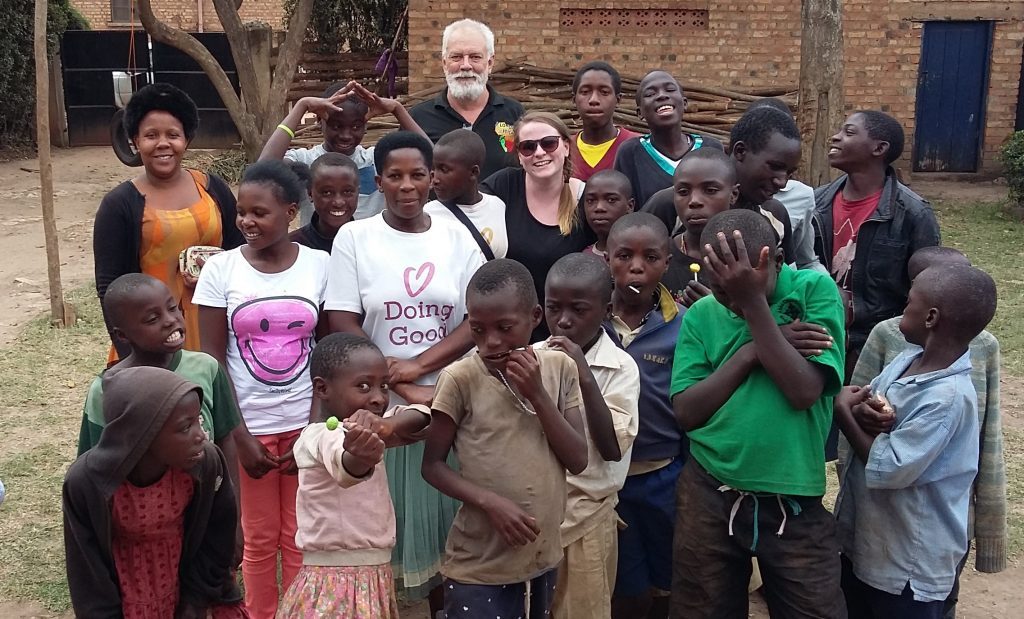
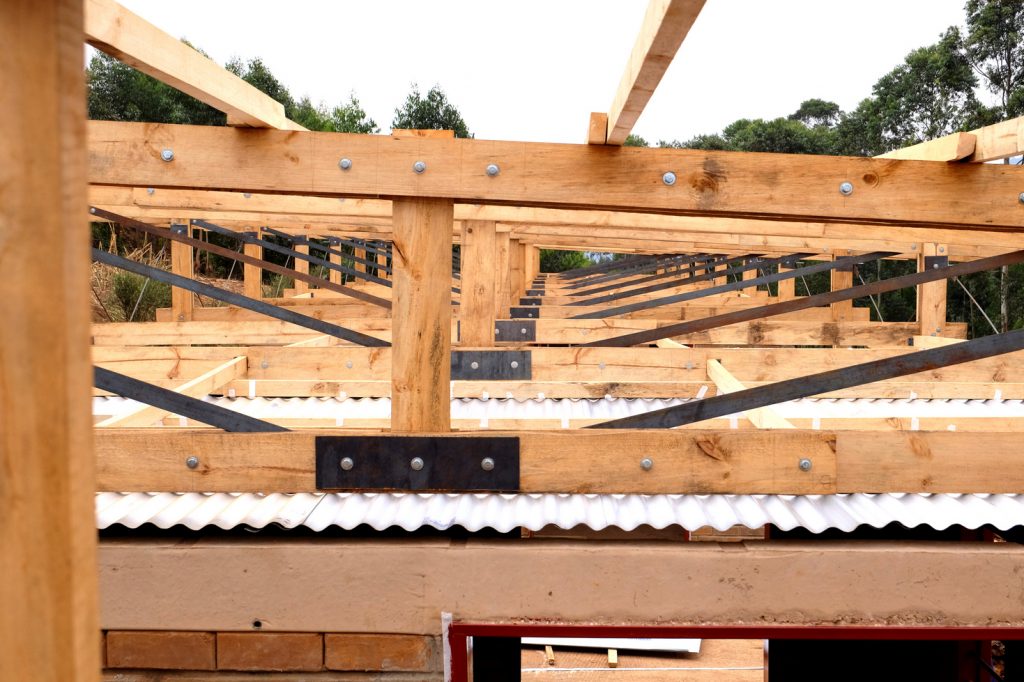
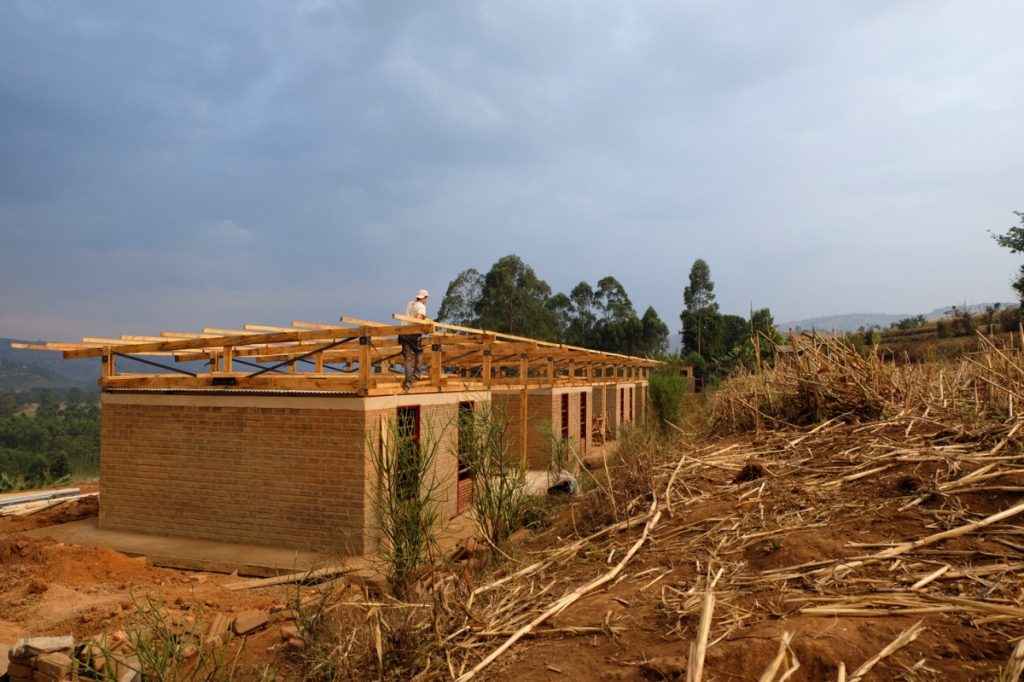

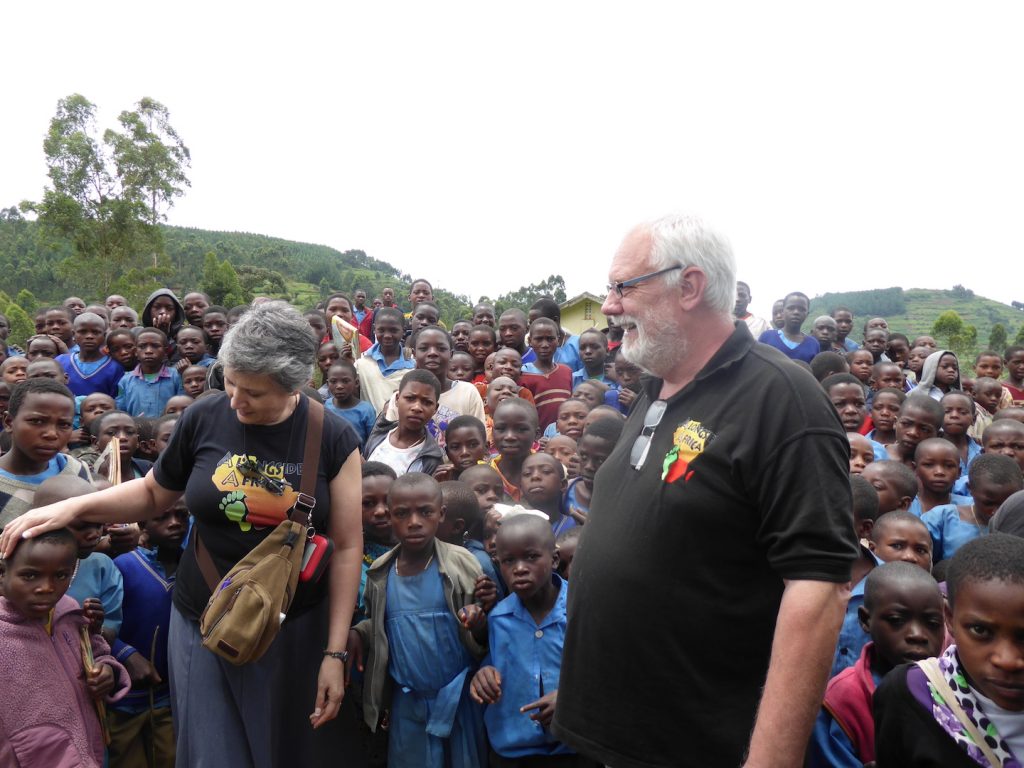
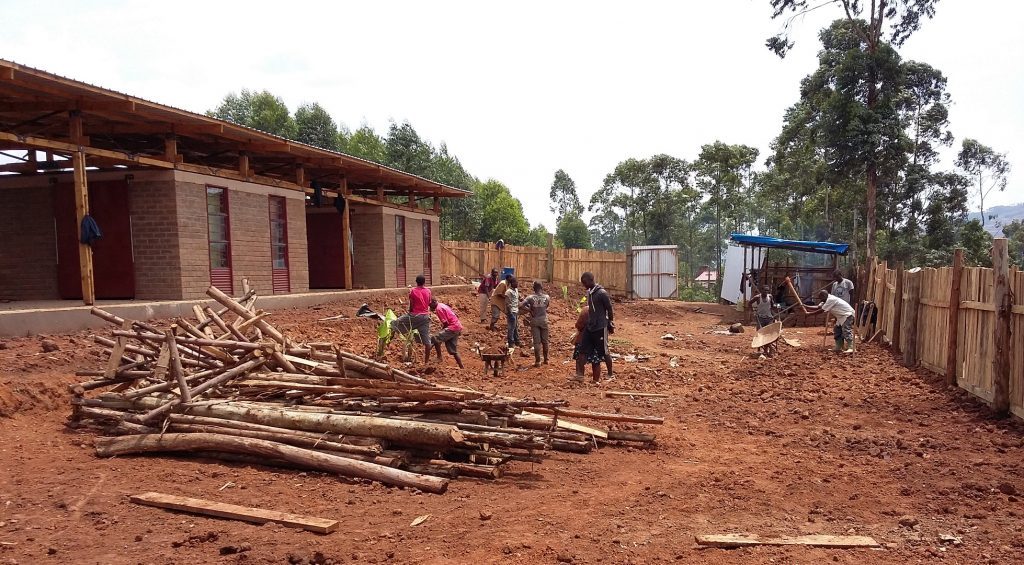
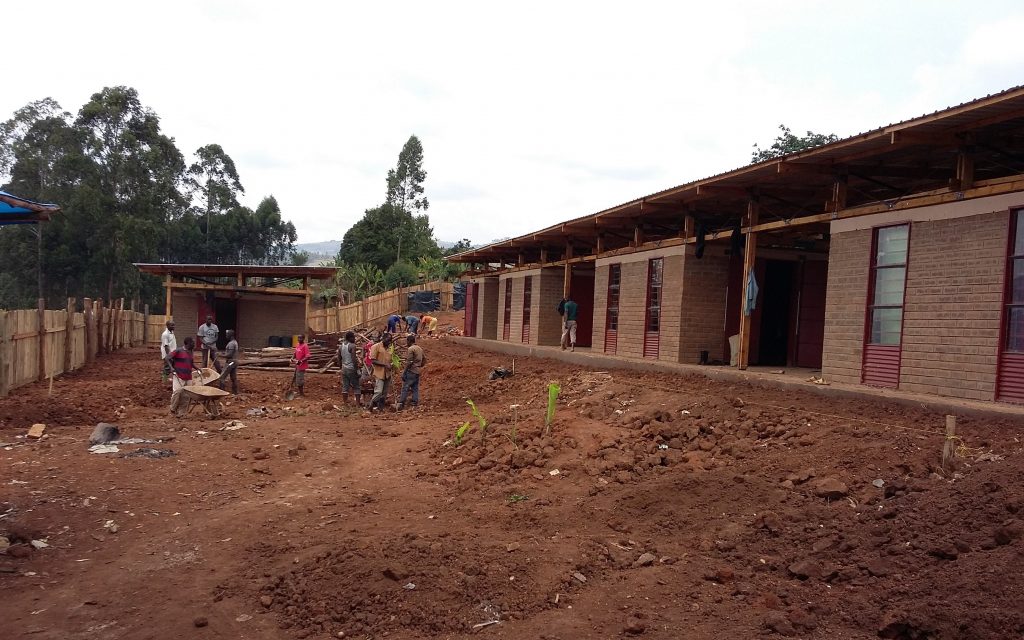
Leave a Reply